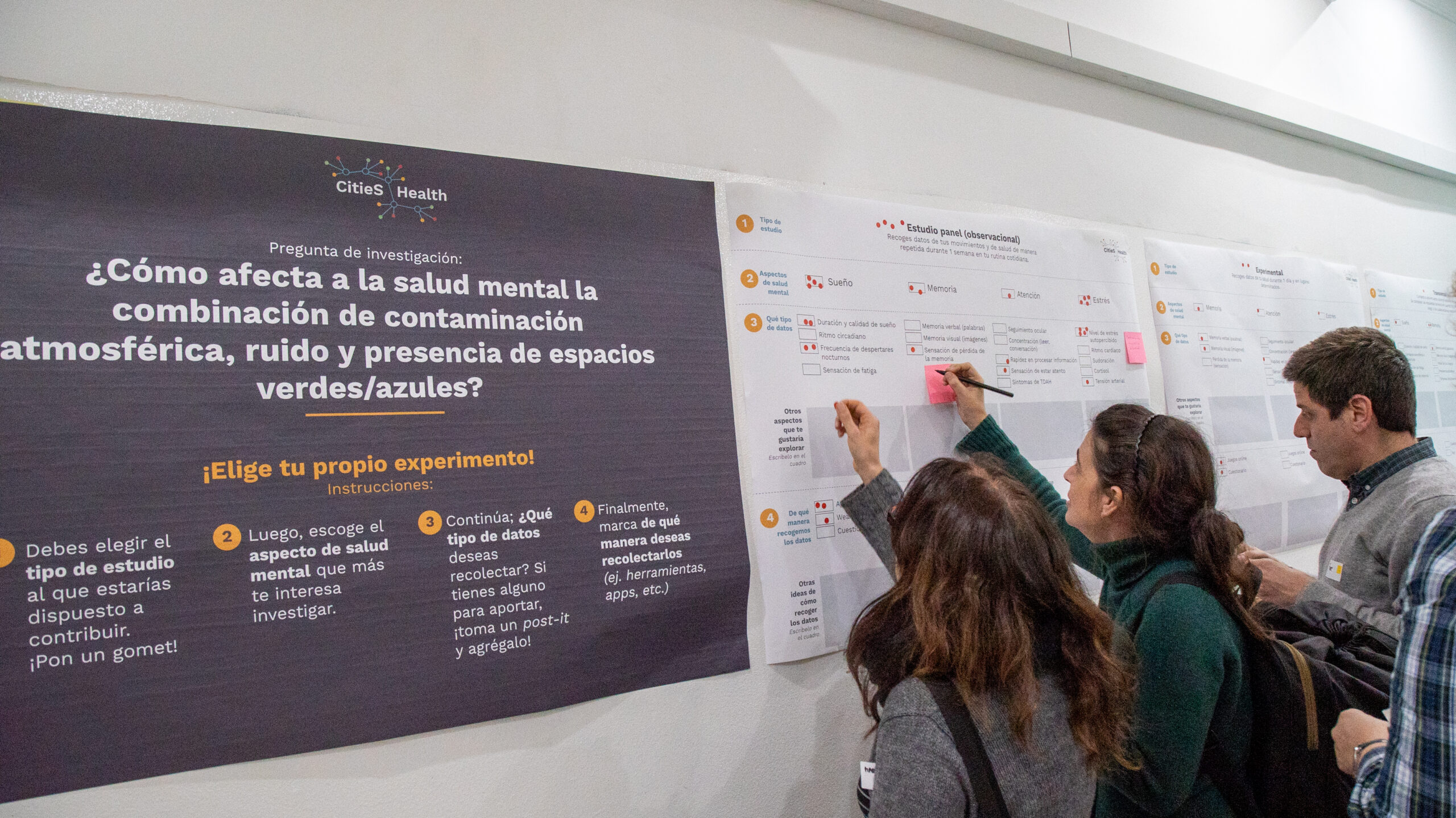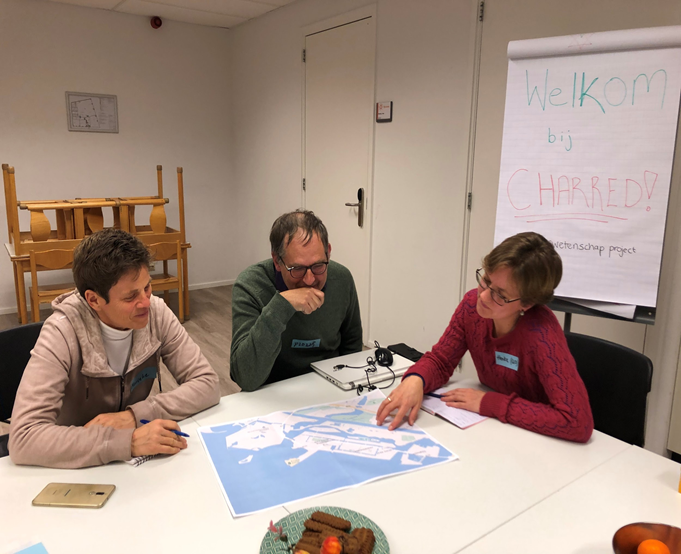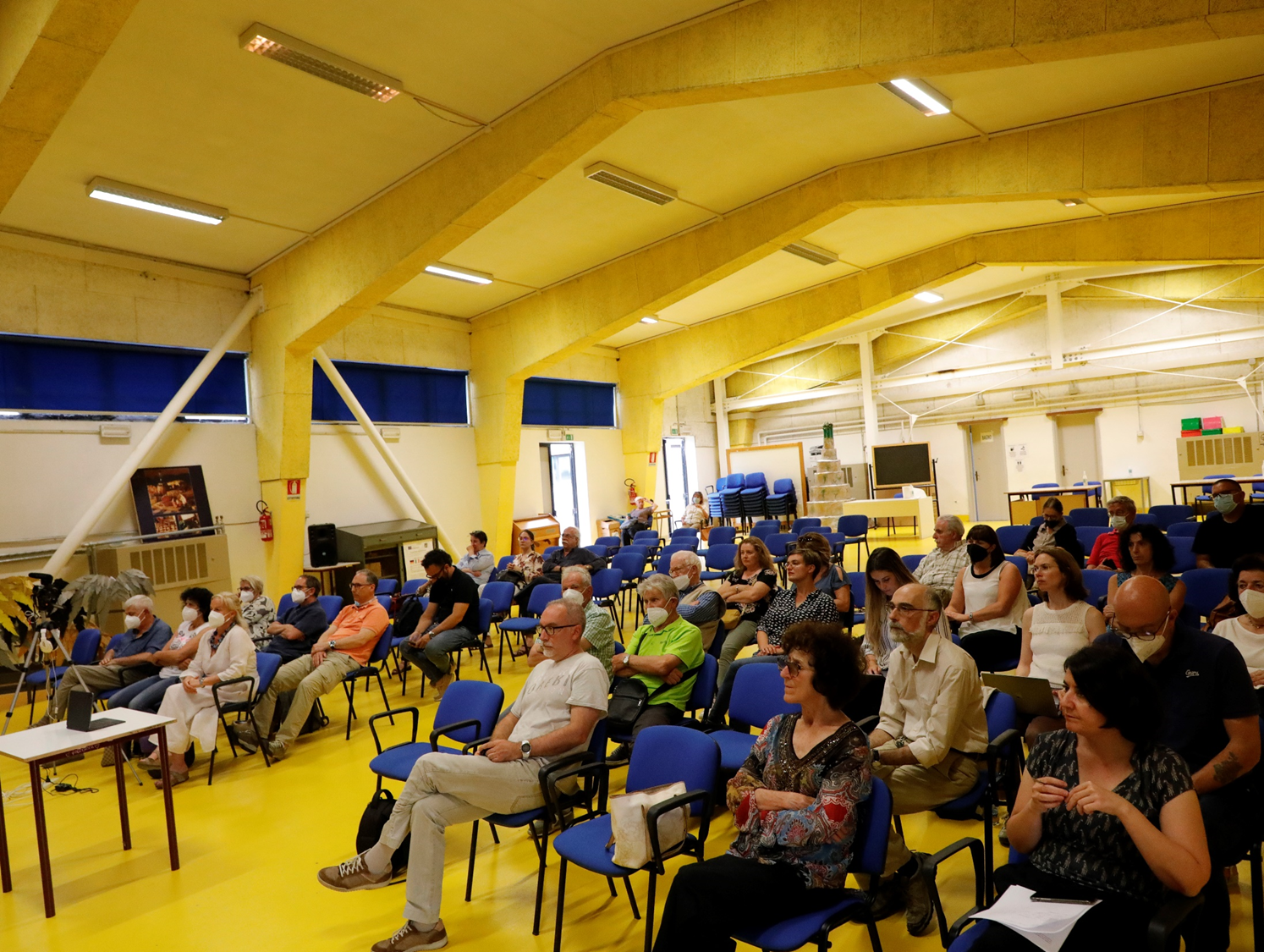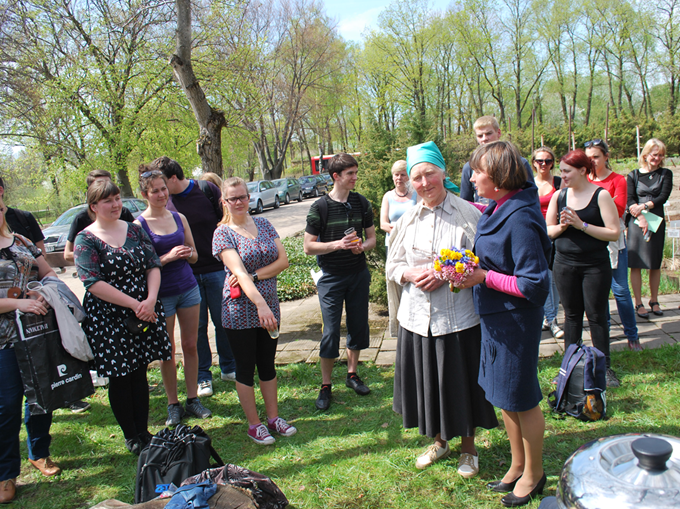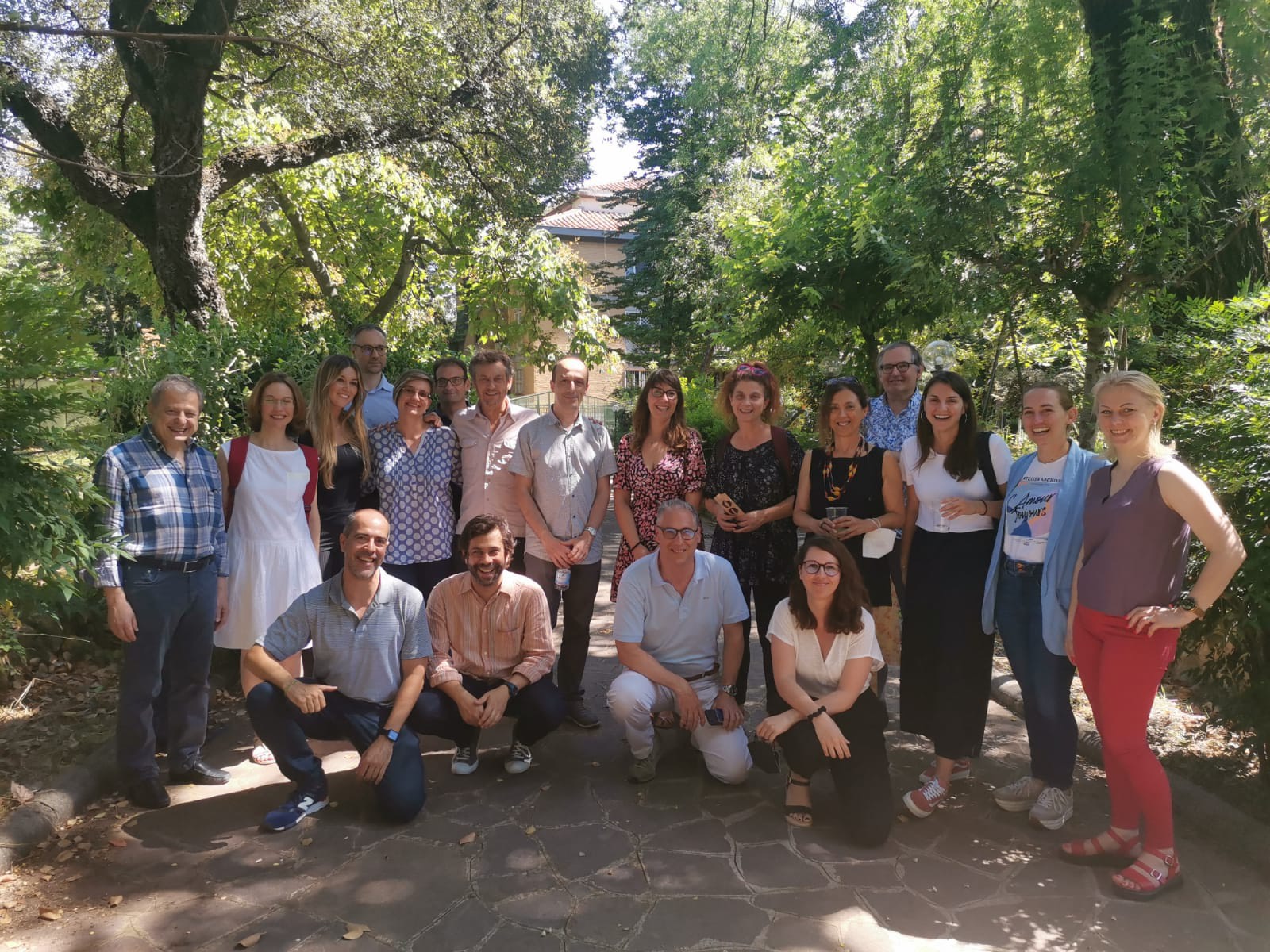Honorary Mention
CitieS-Health was a research project funded by the European Commission. It aimed to put citizens’ concerns at the heart of the research agenda on public health and the urban environment. The approach adopted was a participatory citizen science strategy in which participants were involved in all phases of research. The main aims included producing new scientific evidence by building on the capacities of citizens and their insights on socially relevant questions; and developing methods, tools and insights that enable to easily scale-up and replicate similar citizen science projects.
The project successfully built five different citizen science projects in five European regions, with strong involvement of citizens in all project phases. The study in Barcelona, Spain, collected repeated data on cognitive tests and air pollution measurements. The results showed that citizens perform around a 5% worse on cognitive tests on the most polluted days.
In Ljubljana, Slovenia, the study had two components, one targeting the society at large and one focusing on schools. Community level results revealed that well-being of individuals is affected by their activity and specifics of the micro-environment they are in. The evaluation of school activities showed that active involvement of pupils in research work increases their scientific literacy, thus contributing to STEAM. In the Serchio Valley, Lucca, Italy, citizens led the creation of a network of low-cost DIY sensors to monitor the concentration of particles in the area, publishing the data online.
Jury Statement
CitieS-Health delved into the influence of living environments on people’s health by centering citizens’ concerns in environmental epidemiology research. Citizens from five cities across Europe joined forces with scientists to design and implement epidemiological studies from air or noise pollution to the role of public spaces for health. This also led to an interactive toolkit.eu to share learning and enable replication. This project was commended for its attention to detail in delivery to ensure citizens were involved throughout the process from setting the research questions to exploring the ethics and governance of the project – balancing both scale but also depth of engagement.
European Union Prize for Citizen Science Jury 2023 (Kat Austen, Lewis Hou, Pedro Russo, Andrea Sforzi, Stefanie Wuschitz). View full Statement here.
Credits
CitieS-Health received funding from the European Union’s Horizon 2020 research and innovation programme under grant agreement No 824484.
Participating institutions: Barcelona Institute for Global Health – ISGlobal (ES), Ideas for Change (ES), Utrecht University (NL), Jožef Stefan Institute (SI), Epidemiologia & Prevenzione (IT) and Vytautas Magnus University (LT).
Biographies
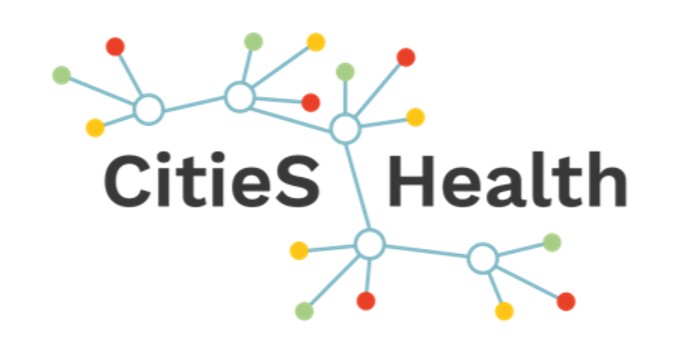
CitieS-Health Consortium
CitieS-Health Consortium (INT) is formed by experts in epidemiology, environmental sciences, social sciences, citizen participation, science communication and ethics, among others, from six institutions. These are the Barcelona Institute for Global Health – ISGlobal (ES), Ideas for Change (ES), Utrecht University (NL), Jožef Stefan Institute (SI), Epidemiologia & Prevenzione (IT) and Vytautas Magnus University (LT). The consortium was formed around a project funded by the European Union’s Horizon 2020 research and innovation programme. The CitieS-Health project aimed to put citizens’ concerns at the heart of research agenda on environmental epidemiology by tackling health issues that concern them through Citizen Science. Citizens, along with scientists in five cities in Europe, co-designed and implemented epidemiological studies to explore how their living environment was affecting their health.
citieshealth.eu | twitter | facebook
